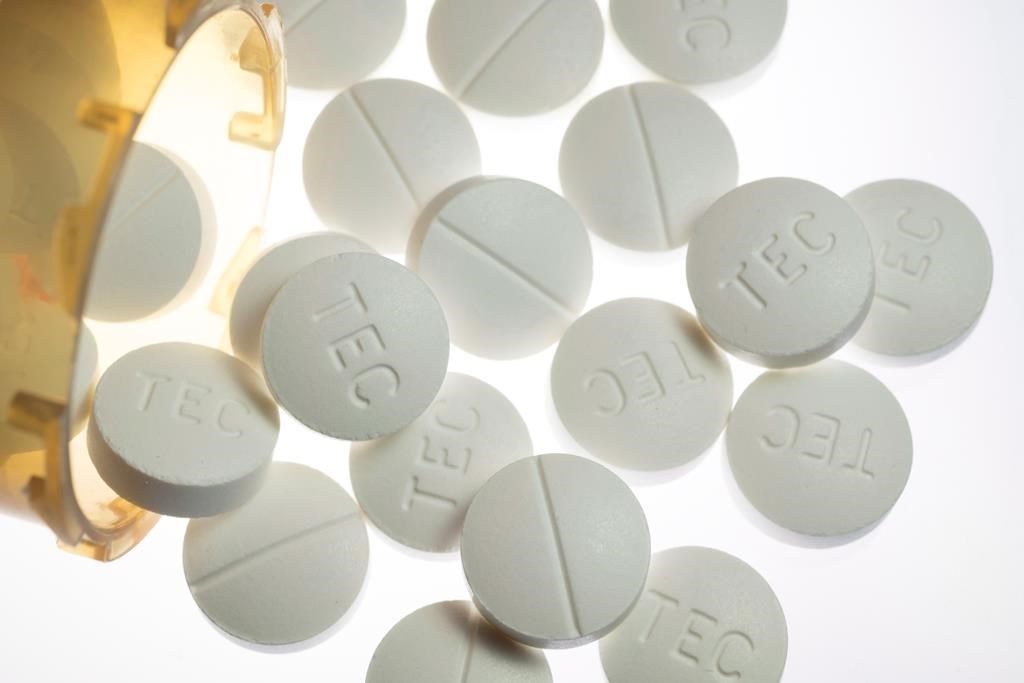Drug poisoning deaths in Alberta have once again surpassed the 1,300 mark for a third year in a row.

Data updated this month from the Alberta substance use surveillance system show there were 1,443 drug poisoning deaths in the province from January to November 2022, 1,347 of which were caused by opioids.
“While each life lost to addiction is one too many, we are cautiously optimistic about the continued downward trend since the peak in late 2021,” Colin Aitchison, press secretary for Minister of Mental Health and Addictions Nicholas Milliken, said in a statement.
In November 2022, 123 drug poisoning deaths were tallied, 121 of which were opioid-related. That’s down from November 2021’s 191 and 173, respectively.
“Additionally, hospitalizations and emergency department visits related to opioid addiction are at their lowest point since the start of the pandemic, and have decreased 39 per cent and 40 per cent respectively since peaking in late 2021,” Aitchison said.
“Our government will continue to improve access to addiction treatment and recovery supports by building recovery-oriented systems of care to save more lives and drive deaths down further.

Get weekly health news
Last year’s 11-month total surpasses the 2020 total of 1,387 drug poisoning deaths and 1,184 opioid-related deaths, but short of 2021’s record deaths of 1,842 and 1,621, respectively.

But a year-over-year trend has appeared: a larger proportion of the drug poisonings have been by opioids.
In 2019, 78 per cent of the drug poisoning deaths were attributed to opioids.
In 2022 to November, 93 per cent were from opioids, and a stepwise increase was seen in the intervening years.
A record was set in the latest data released by the province: the number of community site naloxone kits given out in the third quarter of 2022. The 34,306 given out in Q3 2022 at community sites surpassed the Q3 2021 total of 33,943.
And the self-reported reversals in the province also set a record in 2022 to Q3: 16,459, compared to 15,771 in all of 2021.
Naloxone is a fast-acting drug used to temporarily reverse the effects of an opioid overdose. Health Canada says naloxone can restore breathing within two to five minutes, and is usually administered by nasal spray or injection.
As part of the provincial government’s “recovery-oriented system,” the province recently rolled out public safety and community response task forces for Edmonton and Calgary.
Albertans can access the Virtual Opioid Dependency Program (VODP) at 1-844-383-7688, which provides free, same-day access to addiction medicine specialists seven days a week from 8 a.m. to 8 p.m.
The province also launched the Digital Overdose Response System virtual app that connects users to emergency responders if they don’t respond to an alert.
- Calgary family uses billboard in plea to find a kidney donor
- Tumbler Ridge school shooting victim set to hopefully return home soon from Vancouver hospital
- Alberta government announces purchase of new waterbombers to fight wildfires
- Edmonton police seek public help on investigation into fatal shooting













Comments
Want to discuss? Please read our Commenting Policy first.